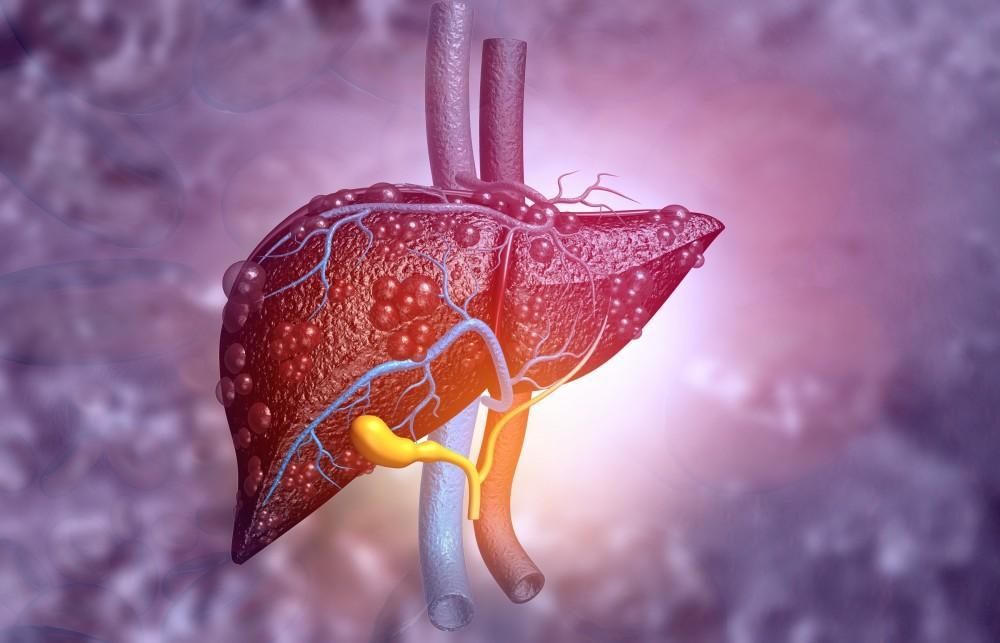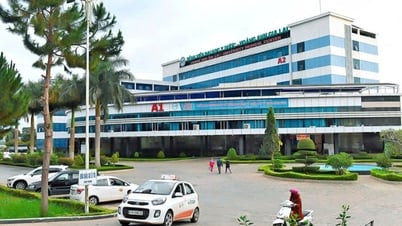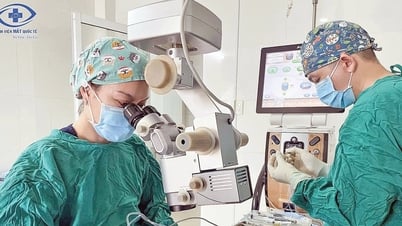Research published in the journal Clinical Gastroenterology and Hepatology compared data from more than 12,000 patients with non-alcoholic fatty liver disease (NAFLD) with more than 57,500 healthy people, showing a 71% increased risk of hospitalization due to infection in people with NAFLD.

Non-alcoholic fatty liver disease affects up to one in four adults worldwide - Illustration from Medical Xpress)
"Our findings highlight the importance of NAFLD as a multisystem disorder that increases the risk of infection independent of other potential risks," said lead author Dr. Fahim Ebrahimi from Karolinska Institutet and the Center for Liver and Digestive Diseases at Clarunis University, Medical Xpress .
Previously, fatty liver disease including NAFLD was associated with an increased risk of cirrhosis, liver cancer, liver transplant, and metabolic diseases such as diabetes.
This is the first time scientists have shown its strong connection to the immune system. The authors note that this risk occurs even in patients with NAFLD who have not yet progressed to cirrhosis and liver cancer.
"The liver plays an important role in the human immune system with immune cells such as macrophages and lymphocytes accounting for up to 20% of total liver cells," explains Dr. Ebrahimi.
The decline in liver function leads to a decline in the immune cells it possesses, leading to a higher susceptibility to infections caused by viruses, bacteria, fungi, etc.; in which severe infections (requiring hospitalization), drug-resistant infections have a high risk of death.
After 20 years of living with NALFD, 1 in 6 patients face the risk of serious infections.
The new findings highlight the importance of diagnosing and treating NALFD at all stages. According to statistics, this disease affects up to 1/4 of adults worldwide. People at risk of NALFD include people with obesity, type 2 diabetes, dyslipidemia, metabolic syndrome, polycystic ovary syndrome, hypothyroidism...
Source


























![[Photo] The 9th Congress of the Party Committee of the Office of the President, term 2025-2030](https://vphoto.vietnam.vn/thumb/1200x675/vietnam/resource/IMAGE/2025/6/20/78e7f27e8c4b4edc8859f09572409ad3)


























![[Maritime News] Wan Hai Lines invests $150 million to buy 48,000 containers](https://vphoto.vietnam.vn/thumb/402x226/vietnam/resource/IMAGE/2025/6/20/c945a62aff624b4bb5c25e67e9bcc1cb)











































Comment (0)